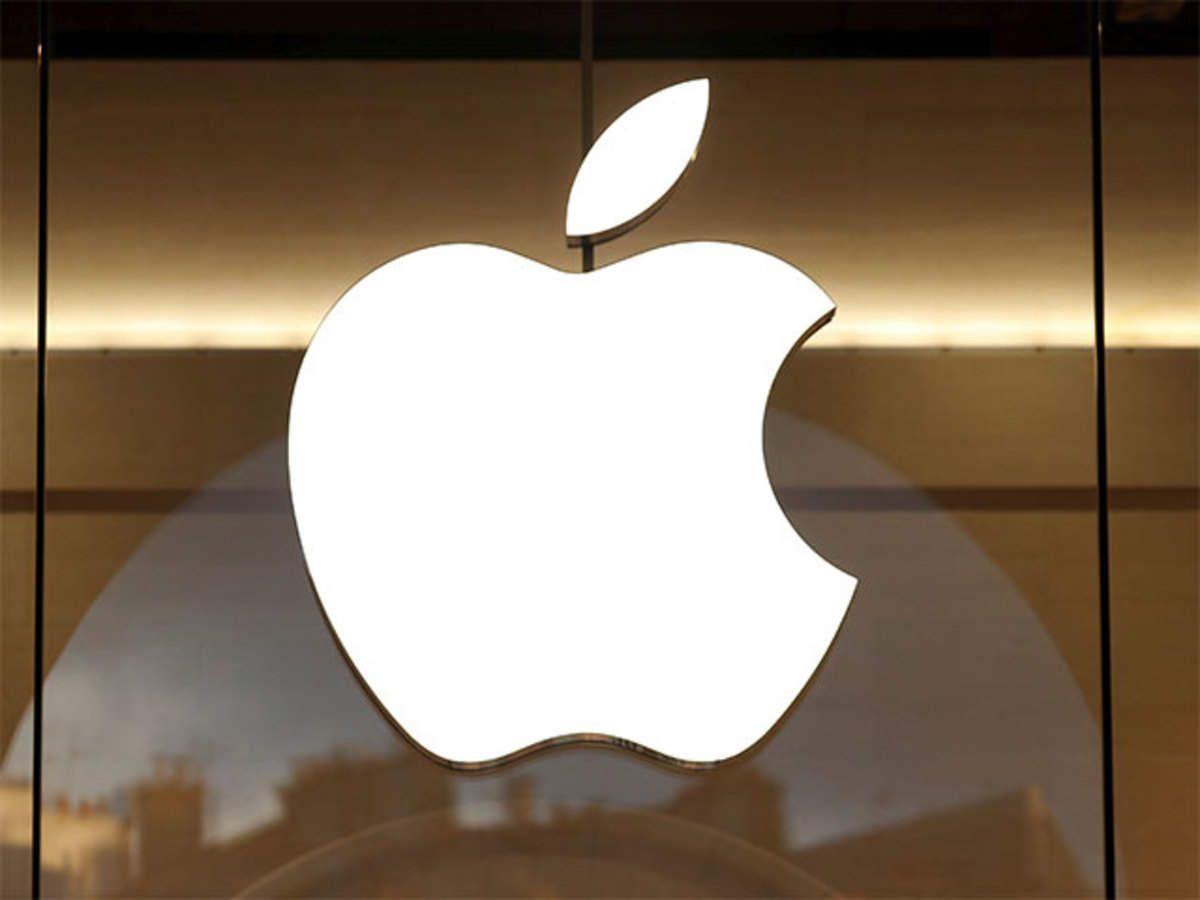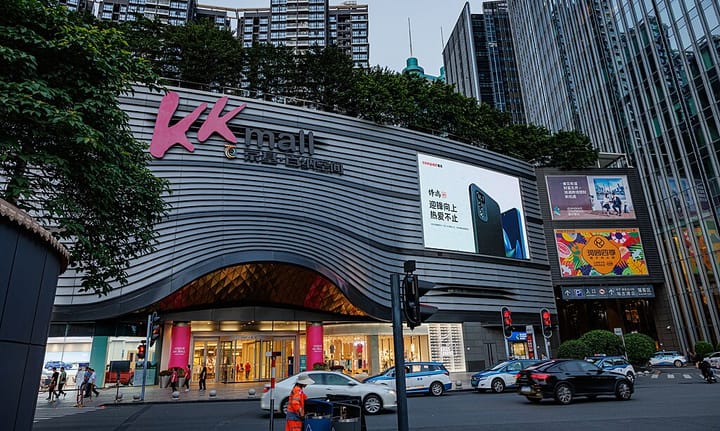Apple cuts reliance on China and begins assembling iPhones in India

A few minutes every morning is all you need.
Stay up to date on the world's Headlines and Human Stories. It's fun, it's factual, it's fluff-free.
Amid rising tensions between China and the United States, Apple Inc. has announced that it will move production of the iPhone 11 to India to avoid any issues related to the escalating trade war between China and the US and to capitalize on the growing Indian market.
Apple in China
The production of Apple’s iPhones has long taken place through its contract manufacturer, Foxconn, a Taiwanese company with twelve production facilities in China that employ hundreds of thousands of Chinese workers throughout the country.
Apple’s supply chain and hardware production has long been based in China because, in the words of Apple chief executive officer Tim Cook, “You find in China the intersection of craftsman kind of skill, and sophisticated robotics and the computer science world.”
Apple has emphasized its own connection to China, claiming that its operations in the country support some five million jobs there, more than twice as many as the company supports in the US.
Apple is also heavily tied to the Chinese market. China, Hong Kong and Taiwan are responsible for 16% of Apple’s total revenue and though Apple does not have the dominant position in the Chinese smartphone market that its Chinese competitors do, Apple’s iPhones still account for some 9% of the market, marking a respectable presence in the country.
Apple’s year-on-year growth in the Chinese smartphone market is a substantial 35%, cementing Apple as a significant player in an as yet growing market. Foxconn, Apple’s manufacturer, also announced in May 2020 that it will open a new plant in Qingdao, bringing the total number of its facilities to thirteen.
Despite Apple’s deep interest in Chinese markets and the importance of China to Apple’s global supply chain, the impact of US-Chinese tensions has become impossible to ignore.
Trade Wars
Apple’s dependence on China’s consumer market and manufacturing facilities makes it unsurprising that the company has been affected in the escalating US-China trade war.
When the Trump administration levied sanctions against Huawei in May to prevent the supply of materials for 5G production, Apple, alongside Boeing and Qualcomm – all three of which have ties to China – collectively lost some US$14 billion in market value as a result of fears of retaliatory sanctions by China. Further American sanctions in July highlight the continued uncertainty of business operations in China.
Apple’s position in China was made even more uncertain following the blacklisting of one of its suppliers, the O-Film Group, by the US Commerce Department in response to O-Film’s alleged connections to human rights abuses involving the Uighur Muslim minority in China’s Xinjiang Province.
O-Film supplies camera and touch modules for Apple in the production of its smartphones.
Experts have suggested that the rising uncertainty over US-China relations could force American companies to seek operating bases elsewhere. Chiu Shih-fang, a smartphone and supply chain analyst at the Taiwan Institute of Economic Research, suggested that the “trade war” means that “American companies should reduce their engagement with Chinese companies in the long run.”
Shih-fang adds that, before long, companies such as Apple will have to “weigh the risks before continuing their business relations with companies that are blacklisted by the U.S. government.”
Made in India
In India, Apple may have found the safe haven it needs, but the move of iPhone production facilities there has long been planned.
Apple had begun to assemble one of the cheaper iPhone models, the iPhone SE, in India as early as 2017 and earlier this year also began to move production of key parts for the iPhone to Indian manufacturing sites.
This move, accelerated as a result of the uncertainty in US-China relations, also appears intent on establishing Apple as a leading smartphone supplier to what is a growing and increasingly wealthy consumer market in India.
Prior to Apple’s move, iPhones in India had been outclassed by their Chinese competitors.
Chinese brands such as OnePlus, Xiaomi, Oppo and Vivo (alongside the South Korean Samsung) hold a dominant 72% share of the smartphone market. Apple currently only holds a meager 1% share of the total Indian smartphone market (though it is more dominant in the premium category), hampered by a 20% import duty on electronics that in turn pushes Apple’s prices up against its cheaper, more affordable and mainly Chinese competitors.
Apple’s move to production in India thus comes as part of a strategy to avoid heavy import duties that reduce its competitiveness in that market and as an attempt to tap into a market with rising demand.
Recognizing the potential of this growing market, Foxconn’s Chairman Young Liu told shareholders in June that “India will be a good place to develop.”
Between 2017 and 2018, the gross disposable income (GDI) of India’s households grew from around 120 million Indian rupees to over 130 million.
The last decade in particular has witnessed a continued growth in the income and well-being of the average Indian.
Gross national income per capita has grown from US$1,220 in 2010 to US$2,130 in 2019. These figures point to a growing Indian consumer market that Apple is eager to capitalize on.
Apple and other tech companies have received incentives from the Indian government. The 2014 “Made in India” plan, which aimed to boost mobile device exports from US$3 billion to US$110 billion by 2025, appears to be paying dividends. The Indian government also increased duty credit scrips from 4% to 6%, allowing companies such as Apple expanded credit to pay customs duties and other taxes, essentially making business easier to conduct within India.
Apple and its manufacturer Foxconn remain heavily reliant on both Chinese production and Chinese consumers, but these initial moves may forecast the future of Apple’s global supply chain given the recent uncertainty between the US and China as well as what is an increasingly attractive Indian market.
Have a tip or story? Get in touch with our reporters at tips@themilsource.com




Comments ()